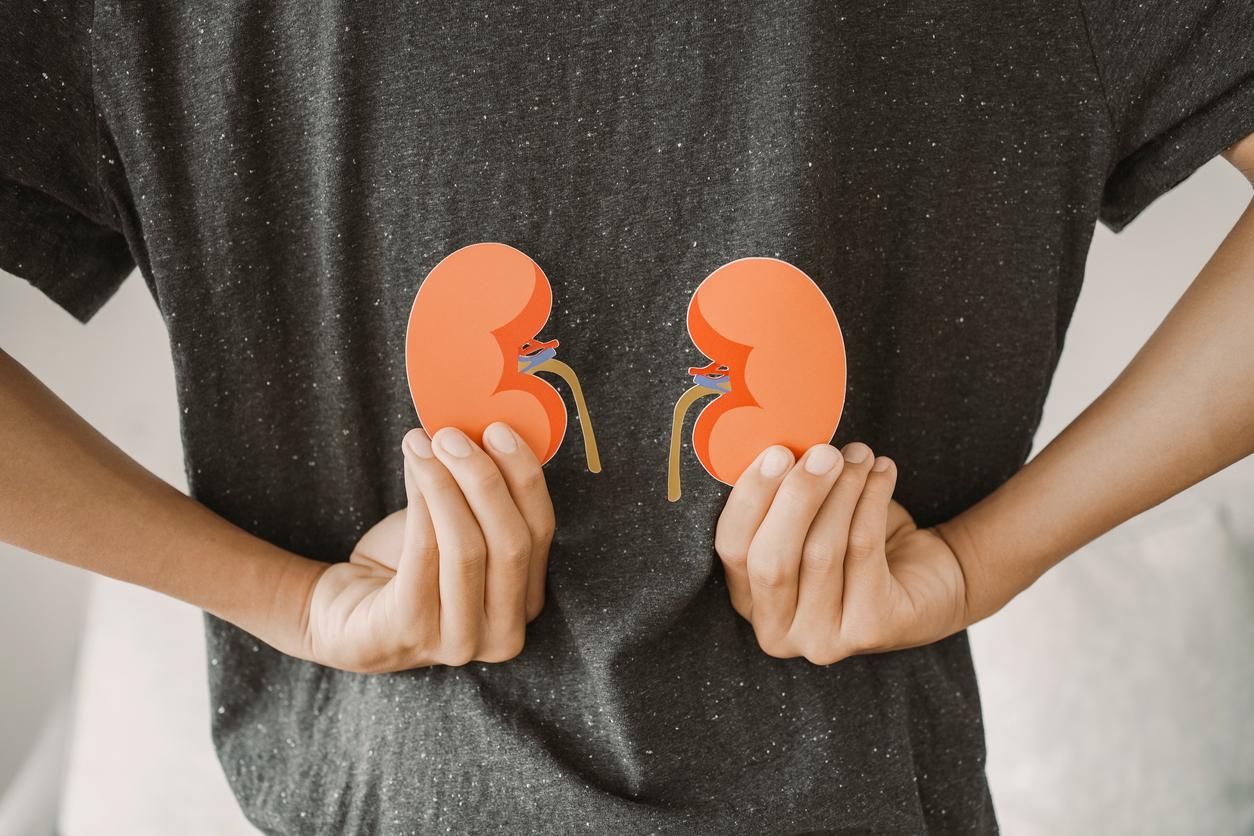October 16, 2002 – A recent investigation1 demonstrates that Indian kidney donors do not improve their economic situation by selling their kidney and experience deterioration of their health following the removal of this organ.
The results of this investigation are disturbing. About 97% of the 305 participants said they sold their kidneys to pay off their debts. The average amount received is $ 1,070. However, their family income declined by a third after the operation. Worse, three quarters of the participants still had debts at the time of the survey. About 86% said they experienced a deterioration in their health after the nephrectomy. Finally, 79% of respondents would not recommend anyone to sell their kidney.
In India, as in many other Asian countries, cash “donation” of kidneys is very common, as there is a worldwide shortage of such organs for transplantation. Many people are hoping for a kidney, and the waiting time for a transplant is long. It ranges from six months to six years in developed countries. It is almost two years in Quebec while in Israel it is six years. In developing countries, the wait is even longer. Consequences: Thousands of people die each year from not being able to receive an organ on time. These facts are likely to promote parallel trade, because some Westerners are ready to pay dearly for the organ that can save their lives.
However, most countries in the world do not allow the sale of organs. In India, since 1994, a law has prohibited the trade in human organs and their removal except for therapeutic purposes. In addition, organ transplantation is prohibited unless the organ comes from a member of the family or relatives. However, the law is only in effect in three states in the country (healthcare is under state authority in India). Another problem: unlike Quebec, where the majority of transplanted kidneys come from cadavers, India does not have a national cadaver organ donation program. This is also the case for several other Third World countries.
Consequences: in India, as elsewhere, the “donation” of organs for remuneration is flourishing. However, those who profit the most from this trade are not the donors, but the doctors and the intermediaries, also called “brokers”. And this lucrative trade does not seem ready to stop, because since 1999, the electronic commerce of organs has experienced a significant boom.
In Quebec, the kidney is the most transplanted organ, with nearly 50% of all transplants in 2001. It is also the most sought-after organ: more than three-quarters of patients waiting for an organ need ‘kidney. Finally, it is also the organ for which the waiting time is longest: almost two years in 2001 against 4 and a half months for the heart.
Stéphane Gagné – PasseportSanté.net
1. Madhav Goyal, MD; Ravinda L. Mehta, MBBS; Lawrence J. Schneiderman; Ashwini R. Sehgal. Economic and Health Consequences of Selling a Kidney in India. Jama, flight. 288 no.13, October 2, 2002.
An interesting file on the kidney trade is available on the Radio-Canada website. http://www.radio-canada.ca/nouvelles/dossiers/organes/











-1730888646.jpg)


